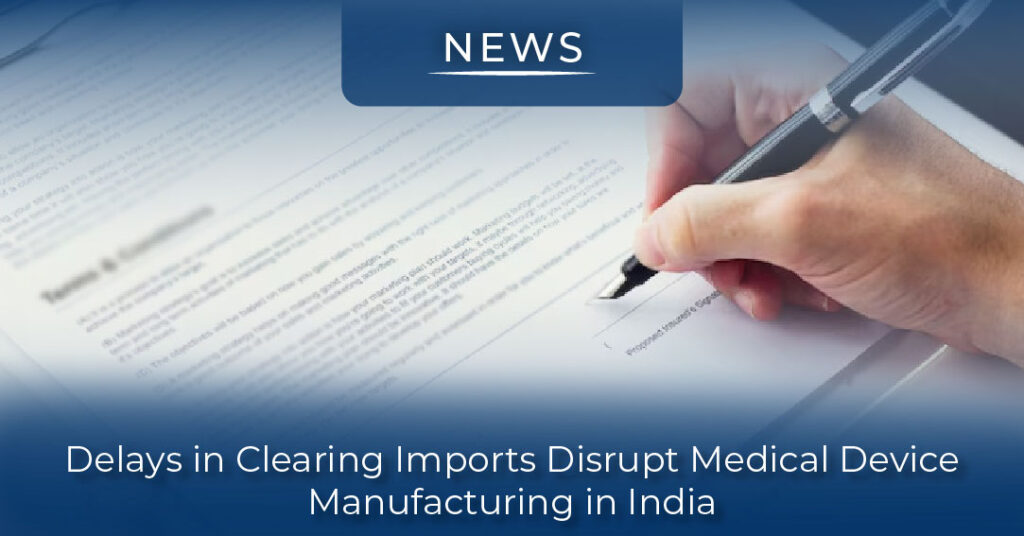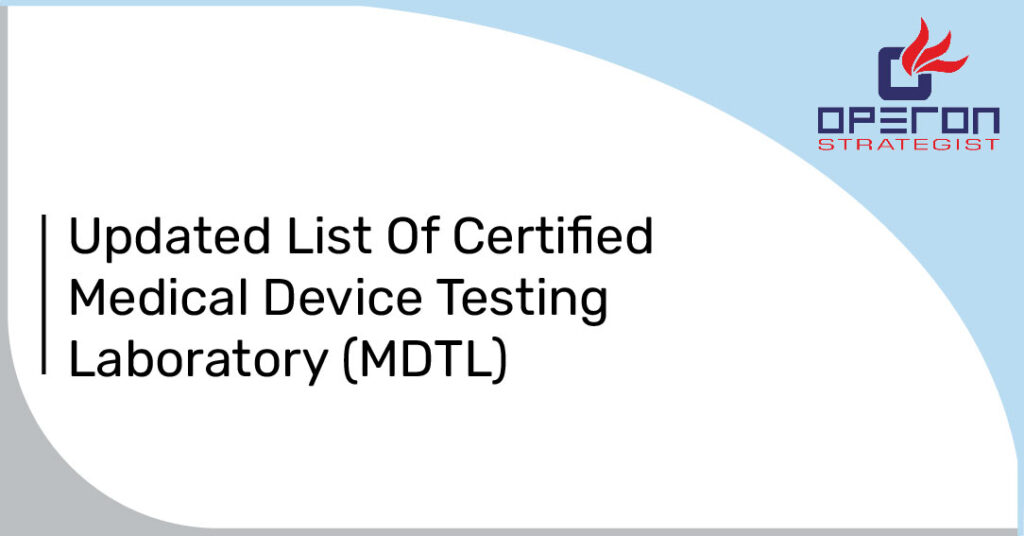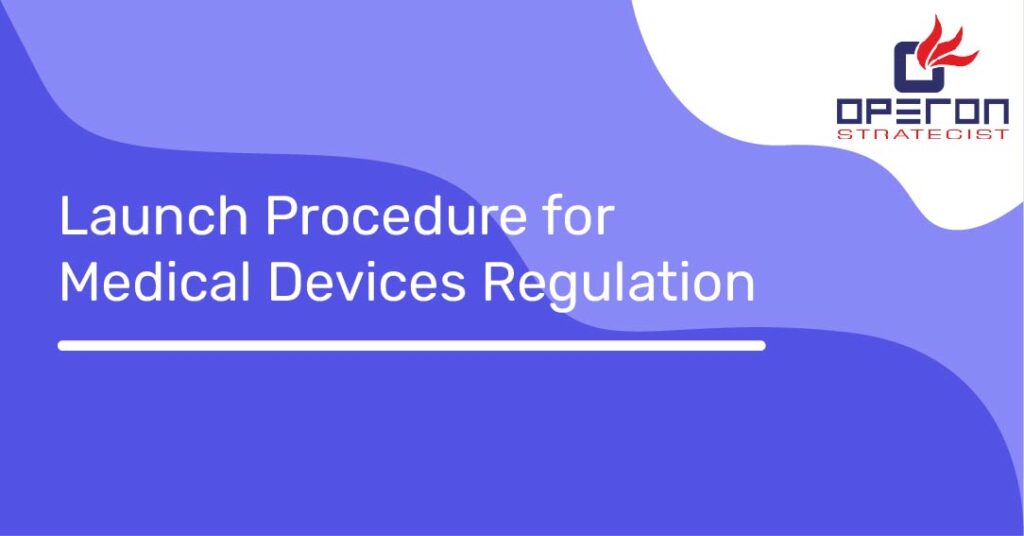An Overview:
Prolonged delays in clearing imports of essential components are causing significant disruptions in the manufacturing of critical medical devices in India. Industry leaders warn that these delays could hinder the progress of the government’s Make in India initiative for the medical device sector, jeopardizing the timely availability of life-saving diagnostic tools.
Industry Challenges Amidst Regulatory Compliance
Despite adhering to all regulatory requirements, manufacturers of high-risk Class C and D devices such as X-ray and C-Arm machines face unexpected hurdles. Companies equipped with MD-9 certifications, mandatory under India’s Medical Devices Rules, report encountering demands for additional MD-14 import licenses. These demands apply even to integral components like flat panel detectors (FPDs), which are critical for device assembly and not standalone devices.
“MD-9 certification should suffice for importing essential components, but the additional approvals create unnecessary bottlenecks,” said one manufacturer. Production delays now exceed three months, resulting in missed delivery deadlines and restricted availability of vital equipment.
Looking For a Medical Device Regulatory Consultant?
Let’s have a word about your next project
Implications for the National Medical Devices Policy
The National Medical Devices Policy 2023, designed to bolster domestic manufacturing, is under scrutiny as these import delays threaten to derail production goals. Manufacturers are calling for immediate government intervention to streamline processes and prevent further setbacks.
Key recommendations include:
- Allowing Imports on MD-9 Certification: Permitting component imports under MD-9 certification until long-term solutions are implemented.
- Clear Policy Guidelines: Defining the scope of MD-9 certifications to differentiate between manufacturing components and fully assembled devices.
- Improved Coordination: Establishing fast-track customs clearance processes and centralized grievance mechanisms to resolve disputes effectively.
Government Perspective
Officials maintain that the regulations are clear and aligned with global standards. According to a senior government representative, major components like FPDs impact device performance and safety, warranting strict import scrutiny under MD-14 licenses.
“This regulation ensures quality control by verifying the source and quality of imported components. It reflects a shift from pre-2022 practices where random imports compromised device standards,” the official added.
While the government emphasizes quality assurance, the manufacturing sector urges a balanced approach to prevent delays and ensure a thriving Make in India ecosystem for medical devices.
Simplify Regulatory Compliance and Accelerate Your Medical Device Manufacturing!
Optimize Your Medical Device Manufacturing with Operon Strategist
Navigating complex regulatory landscapes like MD-9 and MD-14 certifications can be challenging. Operon Strategist offers expert guidance in regulatory compliance and turnkey project management for medical device manufacturers.
📞 Contact us today to streamline your manufacturing processes and ensure timely market access for your devices. Let’s work together to drive innovation and compliance in India’s medical device sector!




